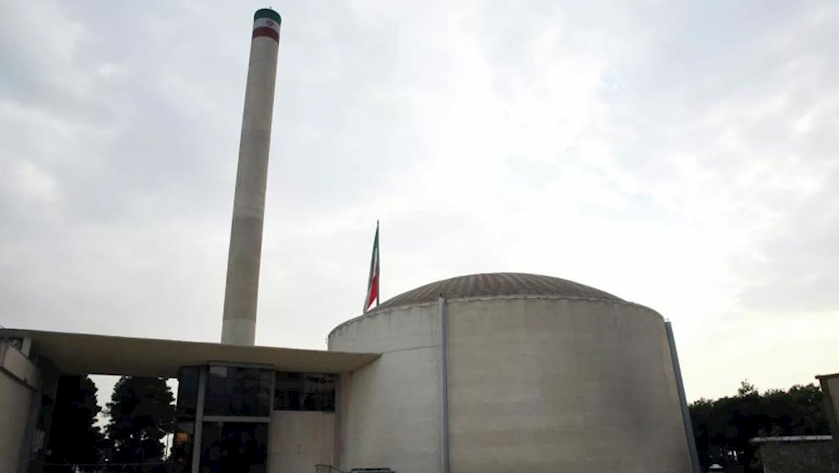Iran Press/ Iran news: Behrouz Kamalvandi, the spokesman for Atomic Energy Organization of Iran (AEOI), made the remarks in reaction to contradictory information about the conditions set for installing the IAEA's (International Atomic Energy Agency) cameras in the Karaj nuclear facility after cameras damaged by an act of sabotage in June.
To clarify the issue, Kamalvandi said the installation would be made as AEOI and IAEA officials have exchanged views on removing concerns over the possibility of using the cameras by saboteurs.
The AEOI spokesman emphasized that IAEA's could not use the cameras without Iran's consent.
"Two sides agreed to use one camera for accurate technical review, adding that the IAEA technical experts will answer technical questions of Iranian researchers, experts, and security officials about the cameras," Kamalvandi said.
"All cameras will be finally installed after accurate and necessary review and mutual agreement," Kamalvandi stressed.
Related News: Tehran and IAEA reach a good deal: Iran's FM
Kamalvandi went on to say that the cameras take photos that will be stored on their memory cards; then, the cards will be ejected and given jointly to AEOI and IAEA when they are sealed.
"So, the IAEA cannot have any access to the information," he underlined.
According to the head of the Atomic Energy Organization of Iran (AEOI), Iran's and IAEA agreement will be implemented under Iran's Parliament strategic measure, stressing lifting the sanctions and preserving the nation's interests.
On February 23, Iran stopped the voluntary implementation of the Additional Protocol in compliance with Iran's Parliament (Majlis) Law.
However, some necessary inspections were underway within the framework of Safeguards Agreements for the next three months after the date.
Based on the Majlis approval, IAEA cannot have supervision beyond the Safeguards Agreements, Kamalvandi noted.
Kamalvandi said they would be delivered to the Agency only after achieving the mentioned goal, about the time of giving information recorded by cameras to the IAEA.
On Wednesday, Iran voluntarily agreed to allow the International Atomic Energy Agency (IAEA) to replace the damaged cameras at Karaj's TESA site with the new ones in the wake of a recent agreement with the IAEA.
Iran's voluntary measure is meant to help resolve misunderstandings with the IAEA.
Acting on its initiative, Iran had begun allowing the IAEA's experts to change the damaged devices since the country had completed the central part of the necessary investigations.

However, in September, Iran refused to allow the IAEA to gain access to several cameras damaged during a terrorist operation targeting the TESA Karaj Complex, a centrifuge component manufacturing workshop in Karaj near Tehran, capital of Iran.
Related News: Iran foils sabotage against Atomic Energy Organization building
The Islamic Republic of Iran's refusal was based on the fact that the country needed to complete some legal-security investigations into the incident.
The Iranian initiative was also motivated by the IAEA's condemnation of such sabotage operations.
Earlier on Wednesday, Iranian Foreign Minister Hossein Amir-Abdollahian said that the Islamic Republic of Iran and the IAEA had come to a "good agreement that can eliminate some alleged concerns about Iran's peaceful nuclear energy program and open the door for further cooperation with the agency."
205
Read More:
Iran will not accept any obligation beyond JCPOA: FM
If everyone cooperates, progress is possible: Iran's envoy
JCPOA devidends for Iran must be realized: Spokesman
Hossein Vaez

